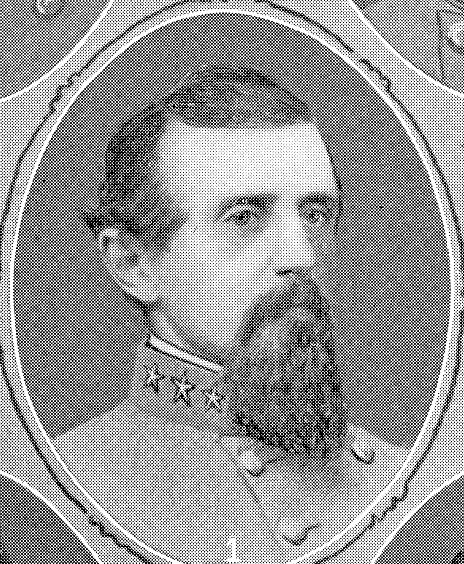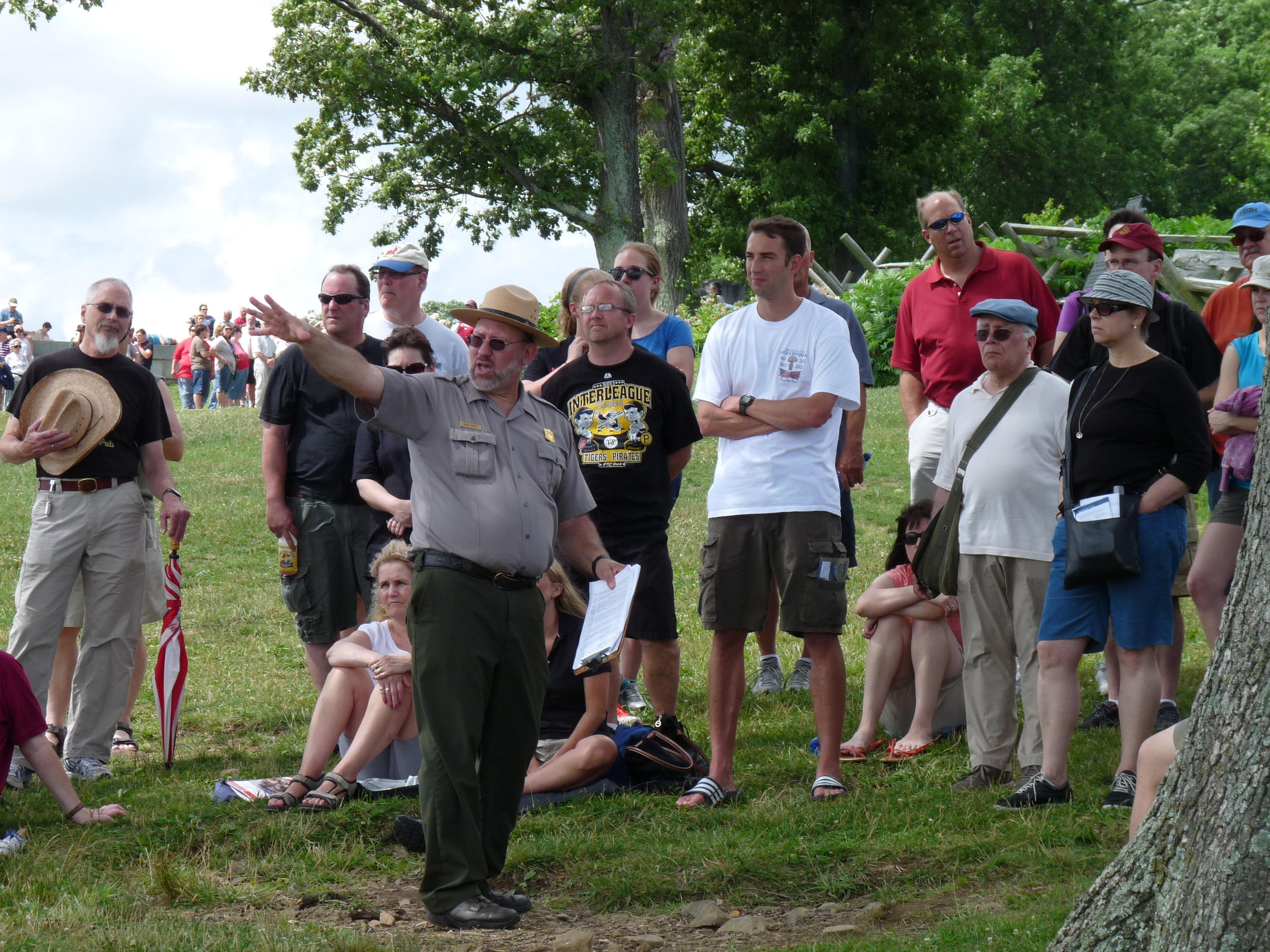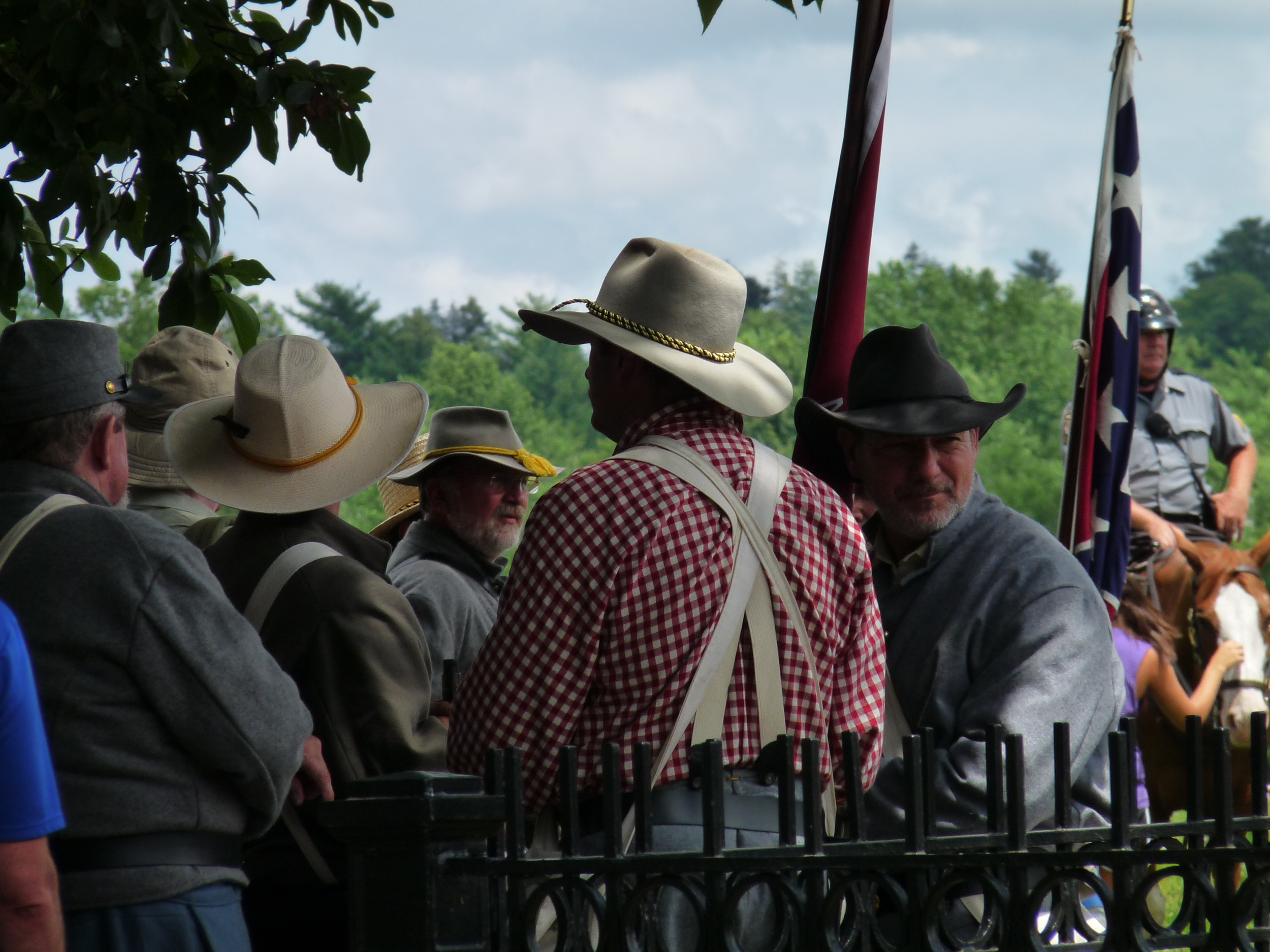"Perhaps few authors are wholly original as far as their plots are concerned," wrote the novelist Patrick O'Brian in his author's note to The Far Side of the World. "[I]ndeed Shakespeare seems to have invented almost nothing, while Chaucer borrowed from both the living and the dead. And to come down to a somewhat different plane, the present writer is even more derivative, since for these books he has in general kept most doggedly to record actions, nourishing his fancy with log-books, dispatches, letters, memoirs, and contemporary reports."
I claim no less originality for Victory Ruins.
Take a look at the picture above. That face, that thousand-yard stare out into come what may. That really stuck with me.
That is a picture of Arlon Leroy Adams of Company F, 119th Infantry Regiment, 30th Infantry Division, staring out of his foxhole across the fields of Bardenburg, Germany. Adams was a decorated Private First Class, with Bronze and Silver Stars, the latter awarded for destroying tanks. He survived many of the major battles of the division and the Western Front, but was killed February 24, 1945 in the amphibious assault across the Roer River.
When I first saw that face, I knew it was the face of a veteran. A man who had, as they used to say, "seen the elephant." To me, he epitomized the dogface, the lowly infantryman who, even today, wins the wars.
That tough, distant, enduring spirit I wanted to incorporate into my protagonist, Arlen Breckenridge. But I also wanted to use his name as well. It had a ring to it, one from a different time. I altered the spelling slightly, to "Arlen" instead of "Arlon." I knew little about the origin of the name, but it felt right, and didn't think anything else about it.
Later, I realized most people's association with the name Arlen was the politician Arlen Specter (whose long career, interestingly enough, started by creating the "single bullet theory" for the Warren Commission). As Arlen was not a common name now, I decided I had to ground its origin more firmly and hopefully distance my Arlen somewhat from Arlen the deep stater.
The book took endless forms to reach what it is now, but one of the themes that I realized after many drafts was consistent throughout was honoring the sacrifice of others. So it seemed natural that I would have Wade name his son after a close comrade of his own war, the Great War. Some cursory research showed me that there were lot of Arlens in the Midwest. Since Arlon Adams was from Michigan, I thought it a fit, for two men from two very different regions, but bonded by war and now by a name. Later, I found that there are other theories about the origin of the name Arlen: Anglo-Saxon, Germanic, even Gaelic. Perhaps that is why our Arlen Breckenridge is so surprised when Wade tells him he is named after his Minnesota comrade. Maybe he had always thought such a round name from the hills and hollers was just one his father had picked because it sounded good, sounded typical amongst plain Southern folk like him. To know that maybe it was for some fair-haired Scandinavian type from the Minnesota lakes was surely a surprise for him.
Arlen is very alive to me, but so too is Arlon Adams. I don't know anything of him beyond what you can find on the Internet, but I am grateful for what he has given me, let alone my country.
I am also indebted to Warren Watson at oldhickory30th.com for freely offering all his research that led to the discovery of this photo and so much else on the 30th Infantry Division. It is a wealth of knowledge and a true labor of love. I haven't talked to him in a number of years, but I hope he is still well.






